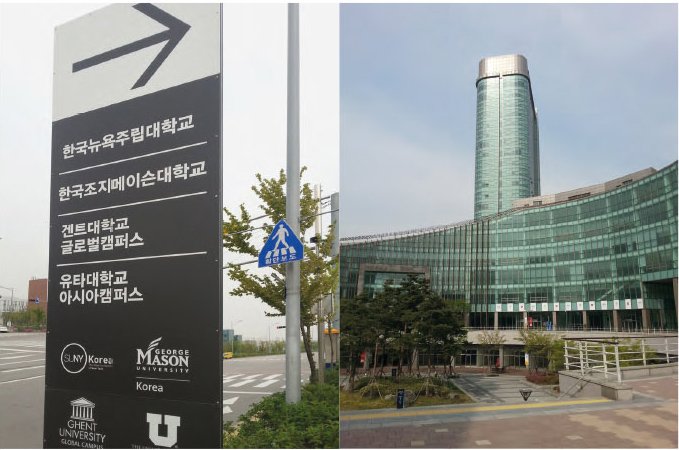
Offshore campuses (OCs)
are physical presences of higher education institutions abroad that provide academic degree programmes of the home institution, operating independently or in collaboration with business and/or academic partners.
In contrast to the C-BERT listing (2017), our database maps out 431 offshore campuses. Focusing on the urban scale, we find high levels of concentration in a few cities.
From Education Hubs to Transnational Urban Education Zones
Host-government induced concentrations of offshore campuses are often called education cities or education hubs (see Olds, 2007; Knight, 2018).
Education hub is a term often used to express aspirations rather than realities and is used indiscriminately to refer to nation states, cities or neighbourhoods. To analyse a particular form of spatial strategies of host governments, we alternatively use the term: Transnational Urban Education Zones (TUEZs).
TUEZs are designated by governments as territorially defined areas (usually at the level of a city quarter) that host at least two offshore campuses, provide shared infrastructure and market themselves as education hubs or cities. Governments throughout the world use TUEZs as part of the creation of smart cities or the transformation towards knowledge economies.
Our research group presented the Poster O ffshore Campuses: Global Anchors in a Transforming World? in Berlin at the Going Global Conference 2019 organized by the British Council.
